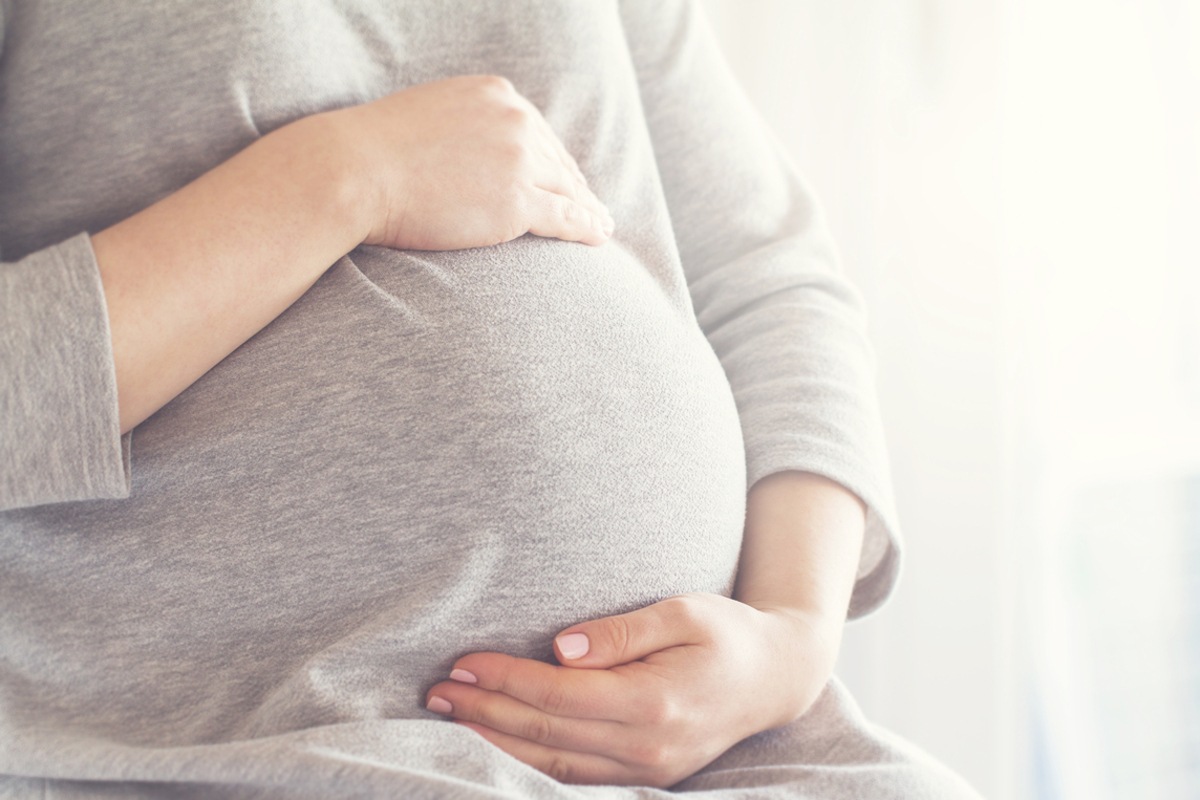We should all, by now, be aware of what doesn't cause autism. Vaccines, refrigerator mothers, poor-quality nutrition, infant sleep training, cell phone towers and televisions, and, let's just throw random things like toothpicks, hot-housing, and cats in too, aren't responsible for making someone neurodiverse or autistic.
But could complications during pregnancy increase the odds that a child will later turn out to be on the autism spectrum, and could they even directly cause autism?

Premature birth, a low birth weight, and the autism spectrum
One meta-analysis — a kind of study that analyzes the results of many other studies — reported that while the overall prevalence of autism spectrum disorder lies below one percent in the general population, around seven percent of people who were preterm infants when they are born are autistic. Other evidence suggests that low-birth weight babies (defined as babies born at weights less than 2,500 grams or 5 pounds and 8 ounces) also have autism in higher numbers.
There are other possible explanations too, however. The same mechanism that leads to a preterm birth may also be linked to autism, and it's also already known that injury to the cerebellum — a portion of the brain — is common in both preterm infants and linked to higher odds of autism spectrum disorder.
Other pregnancy complications and their possible link to autism
Older studies have linked really varied pregnancy complications to a higher statistical chance of autism. These pregnancy complications include:
- Vaginal bleeding during pregnancy
- Gestational diabetes
- Polyhydramnios and oligoamniosis (too much and too little amniotic fluid)
- The umbilical cord being wrapped around the baby's neck during labor and delivery
- Having an older mother (as well as an older father, but that wouldn't be a pregnancy complication).
A more recent study from Taiwan, published in 2019, sought to shine a new light on these findings. The researchers, who included (formally diagnosed) autistic children and their non-autistic siblings as well as a large control group, asked parents questions about pregnancy complications, which were backed up by medical records in some cases though not others.
The data the research team collected suggested that some of these links are indeed real:
- When mothers were pregnant with children who later turned out to be on the autism spectrum, 22 percent experienced vaginal bleeding. Only nine percent of pregnancies that ultimately ended with the birth of a neurotypical (non-autistic) child featured the same experience.
- Preeclampsia, a very dangerous pregnancy complication involving high blood pressure that can only be treated by delivering the baby, was also more common in those pregnancies that resulted in autistic children. Some of these children will have been preterm because they had to be delivered early to treat their mother's preeclampsia, and the condition can also cause intrauterine growth restriction (which leads to low-birth weight infants).
- Babies who needed CPR were more likely to later be diagnosed with autism, as well.
- Interestingly, children born by c-section seemed to be autistic in higher numbers, too.
The researchers also discovered, however, that the neurotypical siblings of autistic children were more likely than the general population to be exposed to these same risk factors — but, obviously, they either weren't autistic or not yet diagnosed. Furthermore, the more risk factors a child was exposed to before birth, the higher their odds of being on the autism spectrum and the higher their odds as being described as being on the "severe" end of the autistic spectrum.
The study reached the same conclusion as the one above. Autism comes with a significant genetic predisposition, but when external stresses are added, this offers a stronger prediction that a child will be autistic. The authors did add, however, that mothers may be placing an increased emphasis on these complications as they seek to explain why their children have autism. The results should, therefore, be interpreted with caution.
So, pregnancy complications may increase the odds of autism: What does this all mean?
It means science is fascinating and learning more about emerging findings adds stuff to your knowledge bank that you constantly need to deposit new knowledge into to stay up to date.
It does not mean that the pregnancy complications studies have associated with a higher risk of autism are anyone's fault, including, of course, the mother's. In short, it doesn't mean you are "to blame" for your child's autism if you experienced vaginal bleeding or had a preterm labor. It does not mean you could have done anything differently. It doesn't mean that you can "simply decide" to avoid these pregnancy complications as you try to conceive, like you would avoid alcohol or sushi. Most of the complications that were identified are not ones you can do an awful lot about.
It doesn't mean that pregnancy complications can cause autism on their own. All available evidence indicates that multiple factors have to come together for a person to be autistic.
It doesn't mean that autism is a bad thing, either. Some people — both autistic and non-autistic — see ASD as a disease that needs to be cured or that science should learn to prevent. Others, however, embrace the autism spectrum as an alternative neurology that can, through the creativity and out-of-the-box thinking of those who have this neurology, offer a lot to the world. While I empathize with the first group and certainly don't want to discount the experiences of autistic people who wished they weren't autistic, this second group is definitely on to something. Whether pregnancy complications have much to do with autism or not, autistic people can thrive.
- Agrawal S, Rao SC, Bulsara MK, et al. Prevalence of Autism Spectrum Disorder in Preterm Infants: A Meta-analysis. Pediatrics. 2018 142(3) e20180134
- Photo courtesy of SteadyHealth


Your thoughts on this